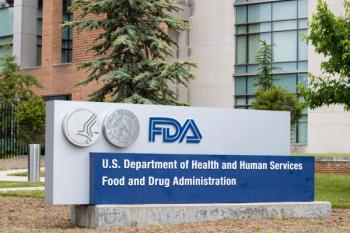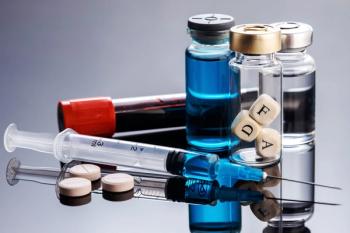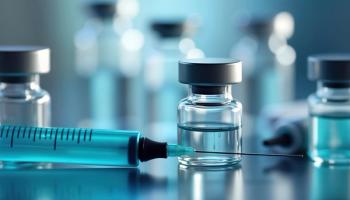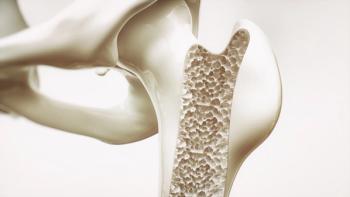
Investigators Report High Similarity Between NovoLog and Biosimilar Candidate
A phase 3 trial sponsored by the biosimilar maker shows that its candidate, temporarily named MYL-1601D, has the same immunogenicity, efficacy and safety levels as NovoLog, Novo Nordisk’s brand-name insulin aspart. Novolog and its authorized generic currently have the U.S. insulin aspart market to themselves.
A drug that could become the first biosimilar of NovoLog (insulin aspart) in the U.S. is highly similar to the reference product, according to a new
The biosimilar candidate (MYL-1601D) is a rapid-acting insulin for use at mealtimes by patients with diabetes type 1 and type 2. The European Commission approved it in 2021, but in the U.S. the regulatory review stalled at the beginning of 2022 when the FDA noted deficiencies in the drug application in a
Sanofi markets a rival insulin aspart biosimilar in the European Union, Australia, and Canada under various product names, but when a U.S. launch or FDA approval might occur is not clear.
But for now, NovoLog and its authorized generic have the U.S. market to themselves, and the absence of insulin aspart biosimilar competition here was starkly illustrated by a review of 2018 insulin prices by Rand Corporation. A 100-unit vial of rapid-acting insulin was $119.36 in the U.S., 10 times the average for 31 developed countries included in the survey.
Related:
Results show that the immunogenicity, efficacy, and safety findings were comparable between the biosimilar and NovoLog.
The study was sponsored by Mylan GmbH (now
Immunogenicity was measured by the treatment-emergent antibody response (TEAR) rate (anti-insulin antibody generation).
Safety findings were based on positive antibody response, neutralizing antibodies (NAb), and adverse events, among other factors.
Overall, 24.9% and 27.8% of patients in the biosimilar and NovoLog cohorts were TEAR positive, which was well within equivalency margins.
“In general, patients who were TEAR positive at any post-baseline visit had a very low positive NAb incidence rate that was comparable between MYL-1601D and (NovoLog) groups,” Blevins and his co-investigators wrote.
Changes from baseline in glycated hemoglobin (HbA1c), fasting plasma glucose, total daily insulin dosage, and blood glucose profiles were used to compare efficacy.
In both trial groups, “HbA1c remained relatively stable throughout the treatment.” No significant differences were noted in fasting plasma glucose or in self-monitored blood glucose profiles.
On safety, the most frequent treatment emergent adverse events (TEAEs) were nasopharyngitis, hypoglycemia, and upper respiratory tract infection, reported, respectively, by 14 (5.9%), 17 (7.1%), and 11 (4.6%) patients in the MYL-1601D group, and 15 (6.3%), 10 (4.2%), and 14 (5.8%) patients in the NovoLog cohort. There was low incidence of hypersensitivity and immune-mediated TEAEs.
The authors wrote that it was important to lay to rest any “residual uncertainty” regarding differences in immunogenicity between the treatments. “We conclude that the current study demonstrates equivalent and comparable immunogenicity of MYL-1601D to [Novolog].”
Newsletter
Get the latest industry news, event updates, and more from Managed healthcare Executive.

























